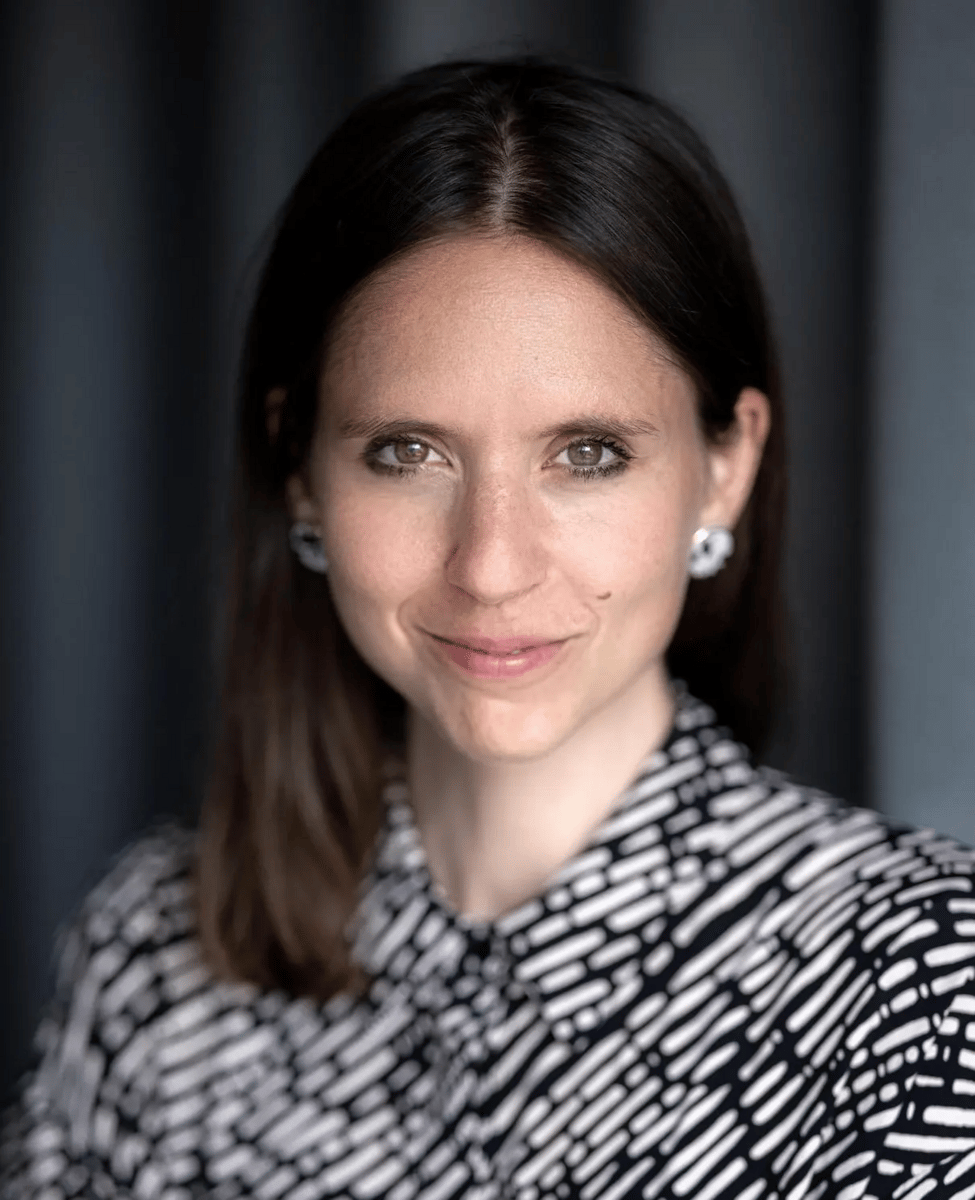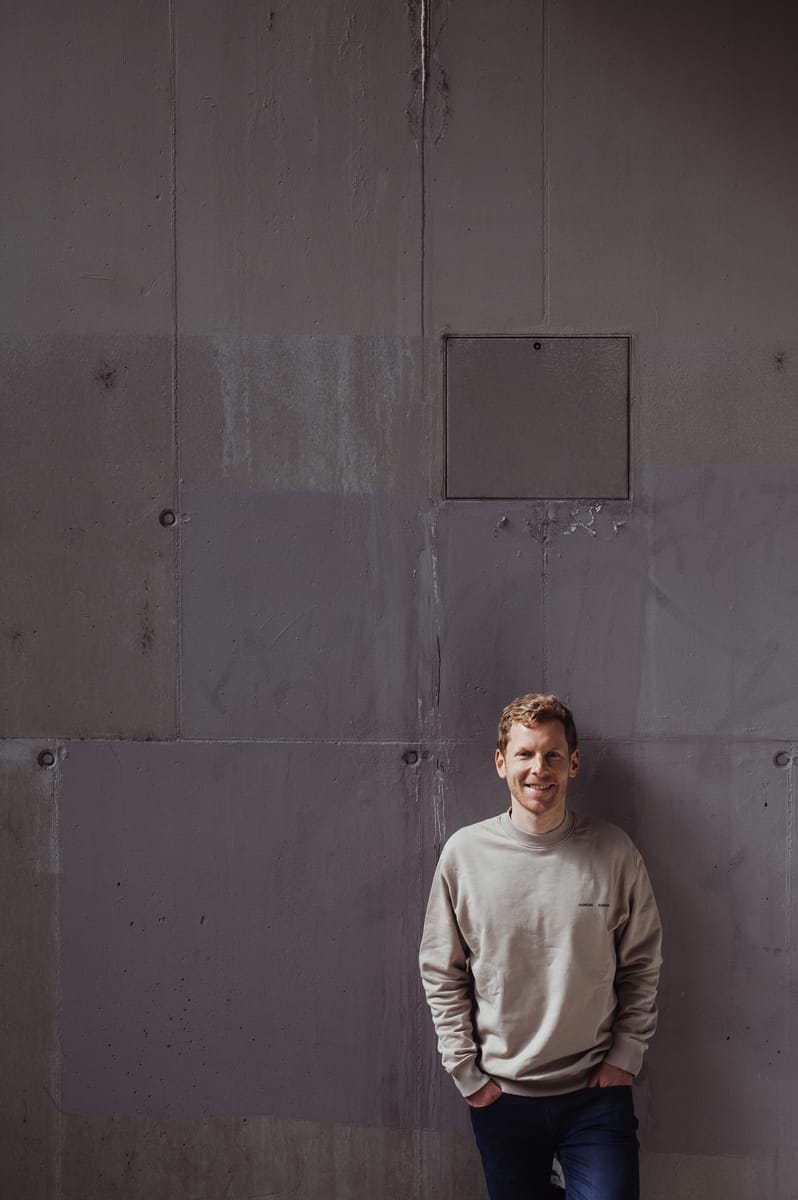Dear hustlers, founders, operators and visionaries,
Keeping engineers and product managers from locking horns can seem like a lost cause. Attracting and keeping Tech talent can be an uphill battle. Yet these are the ones every Tech leader will have to face and overcome in order to succeed.
This week we sat down with Christof Roduner, VP Engineering and Co-Founder of Scandit. He shares hard-earned lessons on scaling engineering teams, setting the right OKRs, and knowing when to let go of a bad hire. The story Christof tells is one from coder struggles to leadership wins - the learnings he shares are of tremendous value to any Tech leader.
Exclusively for our newsletter subscribers, Christof has shared additional insights below.
In the meantime: Follow the Gradient and stay tuned!
PS: Has this e-mail been forwarded to you? Sign up here.
How to build high-impact engineering teams
What you will get out of this episode
In our conversation, Christof shares:
How to transition from coding to leadership without micromanaging
Why so many founders wait too long to fire low performers – and what’s the real cost of keeping them
How you balance hiring early employees who’ve been with you for years while bringing in senior leaders from the outside
The one thing Christof wishes he had done much earlier when building Scandit
and much more!
Our main take away’s
OKRs drive clarity and alignment: OKRs (Objectives and Key Results) are a crucial tool for aligning engineering teams with business goals. They facilitate communication, help teams focus on what truly matters, and ensure that objectives are measurable and clearly articulated.
Hiring and retention require deliberate effort: Recruiting top engineering talent is one of the most critical aspects of scaling a startup. Building strong relationships with recruiters, ensuring candidates experience the company’s engineering culture during interviews, and minimizing unnecessary friction in the workplace are key to hiring and retaining the right people.
Address hiring mistakes early: A common hiring mistake is waiting too long to address underperformance. Early signs of misalignment rarely disappear on their own, so leaders should act decisively rather than hoping things will improve. Structured onboarding processes, such as daily check-ins with new hires, can help identify issues sooner.
Speed over perfection: One of the biggest lessons learned is to bring products to market faster rather than striving for perfection. Testing and learning from real-world usage is more valuable than spending excessive time refining a product that may not succeed.
Additional material
Christof and Melanie in collaboration with Swisspreneur and Talentkick will soon release a Masterclass on the topic of co-founding - stay tuned!
How to reach out to Christof
Exclusive from Christof
Make sure everyone has their camera on in all meetings - you want to get as close to real-life interactions as possible
Make time for personal interactions and small talk - while this happens naturally in an office, you need to make an effort in a distributed setup
Keep your team in the same timezone - if timezones are too different, you don’t have enough overlap for conversations
Meet team members in person every now and then
Invest in a good audio setup and encourage team members to speak up when someone’s audio input doesn’t work well - working from home is a privilege, and ensuring great audio quality is the least that everyone can do to make it work
Hiring: What’s one red flag that tells you, “This person won’t be a good fit”?
When I feel someone isn’t listening or making a real attempt to understand.
How do you ensure accountability and work ethics in remote teams? How do you measure performance objectively?
We use OKRs for accountability, and strong work ethics usually comes from purpose and when people feel that they are working on something meaningful and exciting. Daily stand ups with the entire team, as it is used in scrum, help the team to stay connected.
What are books, podcasts and frameworks that have changed your perspective and inspired you?
I found Marty Cagan’s first book, INSPIRED: How to Create Tech Products Customers Love, very useful. And What Got You Here Won’t Get You There by Marshall Goldsmith.

Follow the Gradient is a weekly newsletter and podcast by the serial founders Melanie Gabriel & Christian Woese about how to build a business in Europe while staying sane.










